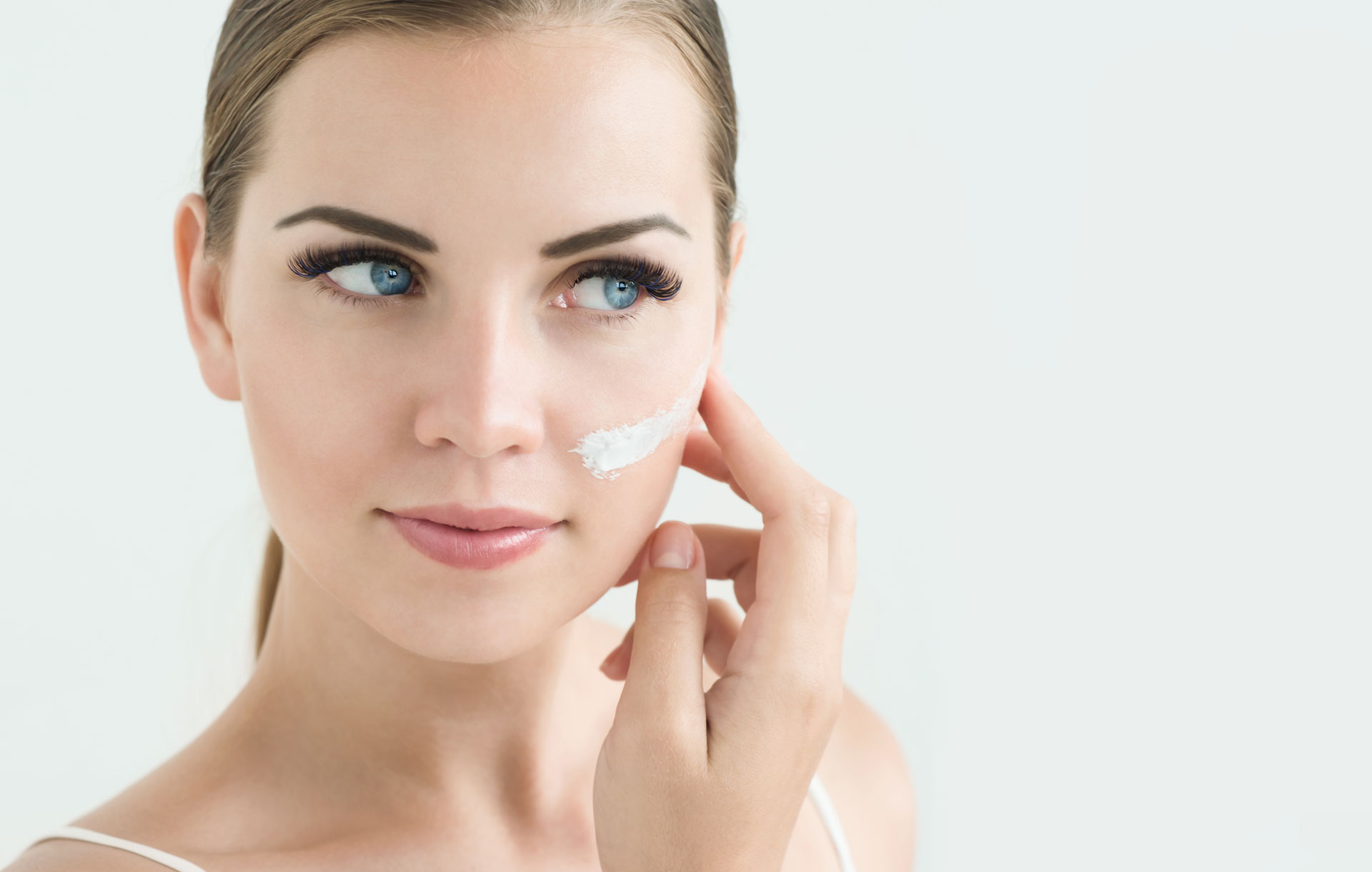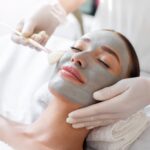
Prepping the skin
The popularity of facial cosmetic surgery and laser procedures is always increasing. From medical grade laser resurfacing, to eye lifts, neck lifts and even full facelifts, our clients are often curious about these procedures and it’s not uncommon for them to consult with a plastic surgeon. As their esthetician and guardian of their skin health, the responsibility of prepping their skin for surgery and overseeing their recovery can often fall in our hands, even if you don’t have a direct relationship with the physician or surgeon doing the procedure. In fact, many doctors’ offices do not have a pre and post treatment skin care protocol in place. Although this may come as a surprise, it should also be seen as an opportunity to reach a new market segment of clients who are preparing for or healing from cosmetics procedures.
Pre-Procedure Care
The main objective for pre-procedure skin care is to strengthen the skin to allow for the best outcome, safest procedure, and minimal inflammatory response post-surgery with faster healing times. Whether your client is having total facial reconstruction or spot treatment with medical grade lasers, the outcome will surely be improved with a proper pre-treatment skin care plan that involves in-office treatment as well as customized home care regimens.
Follow these guidelines to ensure your clients receive optimal results. Hey, they may even put in a good word for you with their surgeon and help you establish a lucrative referral relationship!
[ihc-hide-content ihc_mb_type=”show” ihc_mb_who=”2,4,5″ ihc_mb_template=”3″ ]
Ingredients for Pre-Procedure
With the goal being to speed healing and minimize infection, scarring, and hyperpigmentation, you should establish a pre-procedure treatment plan as soon as you know your client is seeking consultations for a procedure. For at least two weeks prior to surgery, recommend products that have been shown to speed wound healing by increasing keratinization and/or collagen production.
Ingredients that help strengthen the skin and should be used prior to wounding include retinoids such as tretinoin and retinol. Studies have shown that pretreatment with tretinoin helps speed up wound healing, meaning that your client will have less inflammation and scarring post-surgery, ultimately resulting in a better outcome for your client and the surgeon. Dr. Kligman and associates evaluated healing after punch biopsy and found that wounds on arms pretreated with tretinoin cream 0.05 percent to 0.1 percent were significantly smaller – by 35 percent to 37 percent – on days one and four, and were 47 percent to 50 percent smaller on days six, eight, and 11, compared with the untreated arms.
Most studies suggest a two to four week tretinoin pretreatment regimen because peak epidermal hypertrophy occurs after seven days of tretinoin application and normalizes after 14 days of continued treatment. This approach allows the skin to recover from any retinoid dermatitis prior to surgery.
You may also choose to recommend over-the-counter adapalene to your clients, which does not require a prescription from a doctor. Adapalene should be started five to six weeks prior to procedures because it has a longer half-life and requires an earlier initiation period than tretinoin.
Pre-treating with topical vitamin C and hydroxyacids may also help speed wound healing by increasing collagen production. Although studies have not been conducted in this area, it is a good idea to perform routine chemical exfoliation and antioxidant treatments on your client in the weeks leading up to their procedure. However, it is not recommend to perform deep peels that will induce their own inflammatory and healing response, as this will weaken the skin prior to surgery, as well as potential expose the client to infection unnecessarily.
Ingredients to Avoid Pre-Procedure
Avoid using any ingredients that might promote skin tumor growth. Although no conclusive studies have evaluated the effects of growth factors in promoting skin cancer, it is best to take caution and eliminate their use prior to an invasive procedure.
To prevent bruising, encourage your client to avoid aspirin, ibuprofen, naproxen, St. John’s Wort, vitamin E, omagea-3 fatty acids, flax oil, giseng, salmon and alcohol prior to their procedure. Most physicians agree that these should be avoided for 10 days prior to the procedure. Smoking should be avoided 4 weeks prior to the procedure.
Preventing Post-Inflammatory Hyperpigmentation (PIH)
Post-inflammatory pigmentation (PIH) is a risk with procedures such as ablative skin resurfacing. To help reduce the risk of PIH, your clients need to avoid unprotected sun exposure for up to two months before an ablative procedure. This is non-negotiable! Laser clinics routinely schedule promotions for laser resurfacing in the fall and winter, noting fewer problems with hyperpigmentation when skin is less likely to be exposed to major doses of UV radiation both before and after the procedure.
The risk for post-inflammatory hyperpigmentation is higher in clients with a higher Fitzpatrick level. In fact, many doctors are reluctant to use ablative lasers on skin types four and above.
If your client experiences dark spots after laser treatments, the doctor may recommend you perform a series of light chemical peels to help lighten the unwanted pigmentation.
It is also recommended to start your clients on homecare containing melanin-suppressing ingredients such as Kojic Acid and Arbutin as a pre-procedure treatment strategy to help prevent PIH.
Topical lightening products prior to treatment are especially recommended for clients with darker skin types. A six-week pretreatment course that includes twice-daily application of a hydroquinone, tretinoin and glycolic acid preparation can greatly reduce hyperpigmentation of dark skin after a procedure. If you don’t have as long of a pre-treatment period, use 4 percent hydroquinone.
Sun Exposure
The most important factors in minimizing the risk of post-inflammatory hyperpigmentation after laser or other treatments are ensuring that skin has not received recent sun exposure. Application of SPF, preferably a physical (mineral) sunblock, and strict avoidance of sun exposure after treatment is also neccesary until all post-treatment erythema has resolved. Application of skin lightening products such as antioxidants, retinoic acid, non-hydroquinone faders such as Kojic Acid or Arbutin at the earliest sign of PIH and use of a topical anti-inflammatory (hydrocortisone) to diminish skin erythema that extends beyond the first post-treatment week is also essential.
[/ihc-hide-content]












